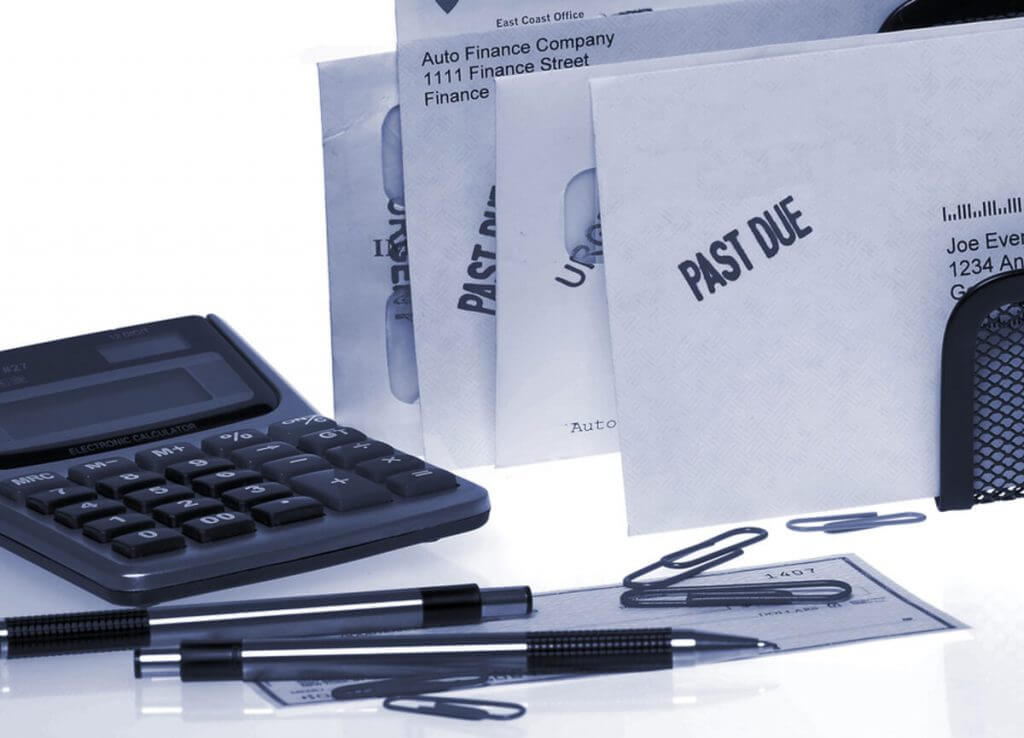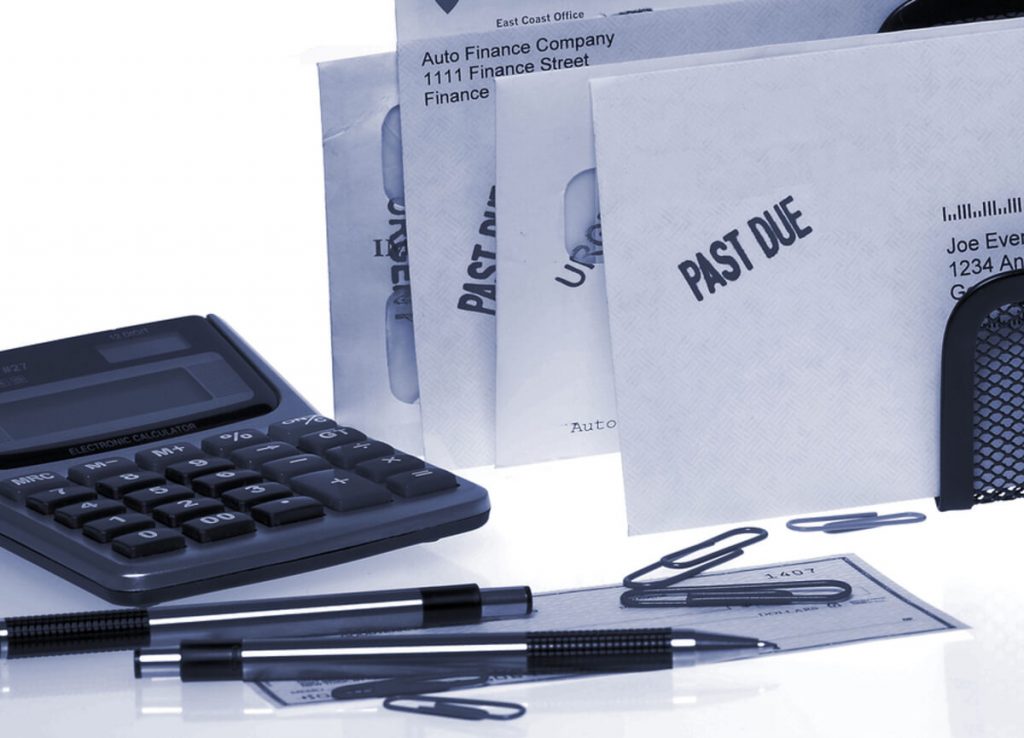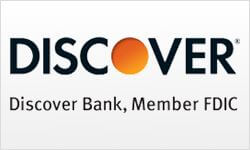
Are you carrying more debt than you can manage?
If you find yourself overwhelmed by mounting balances and unable to make your regular payments, then it’s time to find some help.
Here’s the deal: once you’re trapped in debt, the best way to get out of it is to curb your spending – now. If you keep adding to your balances – and if interest keeps accruing – it’s going to take a miracle windfall of cash to help you out. Instead, some simple changes to your spending habits on a daily basis will make it possible for you to focus on getting rid of your burden.
From there, you can start looking at resources like debt consolidation to help with paying off what you owe.
It’s important to remember that you can be debt-free. Spare seven minutes out of your day, and this guide will reward you with tips for getting out of debt.
You can’t keep treating your debt as a secondary concern if you’re hoping to pay it off in full. However, you can start making moves on a daily basis that will help reduce debt now and help prevent it from mounting again in the future.
Consider implementing one or all of these tips into your current lifestyle to help ease the burden of debt starting right now:
Know all that you owe: You can’t thoroughly approach your debt if you don’t know the full amount of it. Figure out what you owe on credit cards, auto loans, home loans, student loans, and any other outstanding balance, so you have a complete picture of what you need to address. Separate unsecured loans, like credit cards that don’t have collateral behind them, from secured loans, which are mortgages and car loans, as you’ll be mostly addressing the former in your debt reduction plans.
Single out your targets: Once you know what you owe, start looking for the biggest culprits when it comes to interest rates and high balances. Your mortgage is likely a non-negotiable loan that you need, but your credit cards can – and should – be paid off, even if it takes time to do so.
No more credit cards: Credit card debt can be the hardest to get paid off, mostly because interest rates are far higher than they are for other loan types. Put your credit cards out of sight, and commit to spending using cash and debit cards while you focus on debt reduction.
Compare your debts to your income: It might be painful, but it’s important to see how much you make each month compared to how much you owe. You’ll have a better understanding of how your debt will be impacted if you do nothing instead of taking action. Plus, this debt-to-income ratio is what creditors look at when judging your creditworthiness, so it’s a good gauge of where you stand.
Ask for better rates: It never hurts to ask, so get your creditors on the phone to see if any of them are willing to reduce interest rates. This strategy typically works best if you make regular payments and have a good track record with the company.

Set goals: When you have calculated a monthly payment amount that helps you reduce your balance, you can estimate how long it will likely take you to be debt free. Setting yourself goals like “I will pay off $5,000 in five months” helps you stay on track with debt reduction, but also gives you a milestone to reach and feel good about.
If you’re really committed to paying off debt, you’ll need to make plans for any significant balances you’re carrying, especially if your debt-to-income ratio is unsustainable. It may seem easier to pay off lower balances first and get them out of the way, but your higher balances are doing nothing but growing. Instead, try focusing on them first.
But what if you’re unable to make a dent in those high balances because of accumulating interest?
Then it’s time to consider debt consolidation. As the name implies, you are pooling your debt together under one line of credit so you can address it as one entity. But if you choose your high-interest credit card to use as your consolidator, you’re headed to even more trouble.
Instead, you have two main options:
You’ve probably been sent offers for these balance transfer cards before, but basically, they allow you to consolidate your unsecured debt on one card with little-to-no-interest. Most of these cards give you this rate for a promotional period, so you’ll want to pay off all or most of your balances before higher rates kick in. DO NOT use this card for purchases – it should only be a mechanism for helping you reduce debt faster.
For a more structured but similar approach, you can obtain a debt consolidation loan that is designed to help people with existing unsecured debt refinance their loan balances into one. This works when the new loan has a much lower interest rate and minimum payment structure, as it is still a form of debt that needs to be repaid. Consolidation loans are ideal if:

You know your total debts, some simple strategies to help with debt reduction on a daily basis, and some options for helping to pay off debt.
But, you’re still not done.
If you’re considering debt consolidation via credit cards or a loan, you have to research the best options for rates and terms. You also want to spend plenty of time thinking about what you can reasonably pay every month based on your income and expenses.
But even more importantly, you’ll have to change how you think about your finances, and make paying off debt your top priority. If irresponsible spending contributed to your debt, make – and stick with – a budget that will keep your spending on track. Stop splurging, and definitely don’t grow your debt by using or taking out new credit cards. Commit to being fiscally responsible to the max while focusing on paying off your debt. If you’re using a new card or loan to consolidate outstanding balances, you need to have an active plan to pay off that money, or you’re back at square one.
Debt reduction is possible, so long as you’re willing to commit to it. Pat yourself on the back for taking the first steps, and remember, ultimately reducing your debt is the greatest gift you could give to yourself.
Keep up-to-date with more financial management tips to help you succeed, and sign up for our newsletter now!
<!–
–>
Source: https://www.everybuckcounts.com/7-minute-guide-paying-off-debt/
debit cardmake paymentsPay Off Debt On Credit CardPaying Off Debt AdvicePaying Off Debt CalculatorPaying Off Debt EarlyPaying Off Debt FastPaying Off Debt IdeasPaying Off Debt Or 401kSteps For Paying Off Debt




